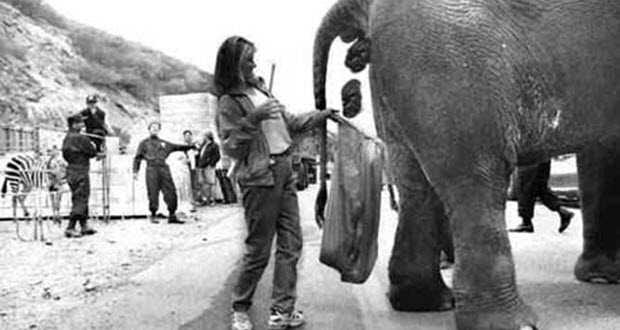“You are traveling through another dimension, a dimension not only of sight and sound but of mind. A journey into a wondrous land of imagination. The Coalition’s plan for real action on Broadband and Telecommunications!”
OK, we all know by now that Labor promises to deliver 100Mbps to every single premise in 93 percent of the population by using FTTP technology.
So finally the Coalition release their broadband and telecommunications policy which states. “By ensuring the delivery of a uniform national broadband network, under which 97 percent of premises are able to be served by high speed networks capable of delivering from 100 Mbps down to a minimum of 12Mbps, peak speed, using a combination of technologies including HFC, DSL and fixed wireless, with the remainder having access to satellite, we will stimulate the growth of the broadband market and of applications which rely on the ubiquitous availability of such a speed.”
For a start “speed” should be “speeds”.
And then we have a minimum of 12Mbps peak speed. Well you normally climb up to a peak not down to peak. Peak is a complete un-practical measure. This means you may get up-to 12Mbps during non-peak periods which is typically 3-4am if you live very close to your telephone exchange. This is because it still relies in the existing copper lines from telephone exchanges to peoples home (known as the last mile). This is where we have the speed bottleneck today as these lines were built for telephony. The further from the exchange you are the less speed you will have. FTTP adresses the last-mile problem since it uses fibre optical cable. In practical terms this is what we have today.
On the 7.30 report Tony Abbot was questioned about the aspects of NBN policy but all he could really say was that he was not a tech head and laughed off any expectation that he was able to answer any questions. He had no idea what the word “peak” meant in the context of the policy but insisted that his NBN policy was much better.
Perhaps he could have consulted Helen Coonan who knows all about Dialup fibre technology when several years ago senator Coonan was explaining how Telstra Wireless is better than FTTN with its ‘very fast’ speeds and that FTTN doesn’t work more than 4km away from the exchange.
The Coalitions policy simply relies on Telstra opening up its backhaul to competitors and releasing it as a wholesale product. Let’s not forget how many complaints the ACCC had about Telstra monopoly business tactics. In the hands of Telstra it will never be an ‘open access’ network.
Sure the Labor Policy will cost approx 43 billion and probably more, but it is an investment. Atleast they can explain and justify what they are spending it on. The benefit to business is substantial as small operators, IT companies and ISP’s can finally compete with the Telstra monopoly by sourcing from NBN co.
The NBN is essential for Australia, only the Labor NBN policy will stimulate the growth of the broadband market. The coalitions policy is rubbish and uses technology that is already obsolete.












I saw that interview with Abott on the 7:30 Report, the man is an utter idiot. When it came to questions regarding any of his policies, the only things he could say where the statistics and tag-lines that he’d been told to memorise by his assistants. I liked it when he was told that his NBN plan was physically impossible, and he just stammered about Labor wasting money.
There is absolutely no way this man can be fit to run the country. Lets just hope there aren’t enough racist, asylum seeker fearing rednecks in this country to elect him.
I think that Labor’s plan to break Telstra’s monopoly and begin bringing Australia up to speed with the rest of the worlds internet infrastructure is a great policy, and hopefully a sign of a better future for this countries technology in general.